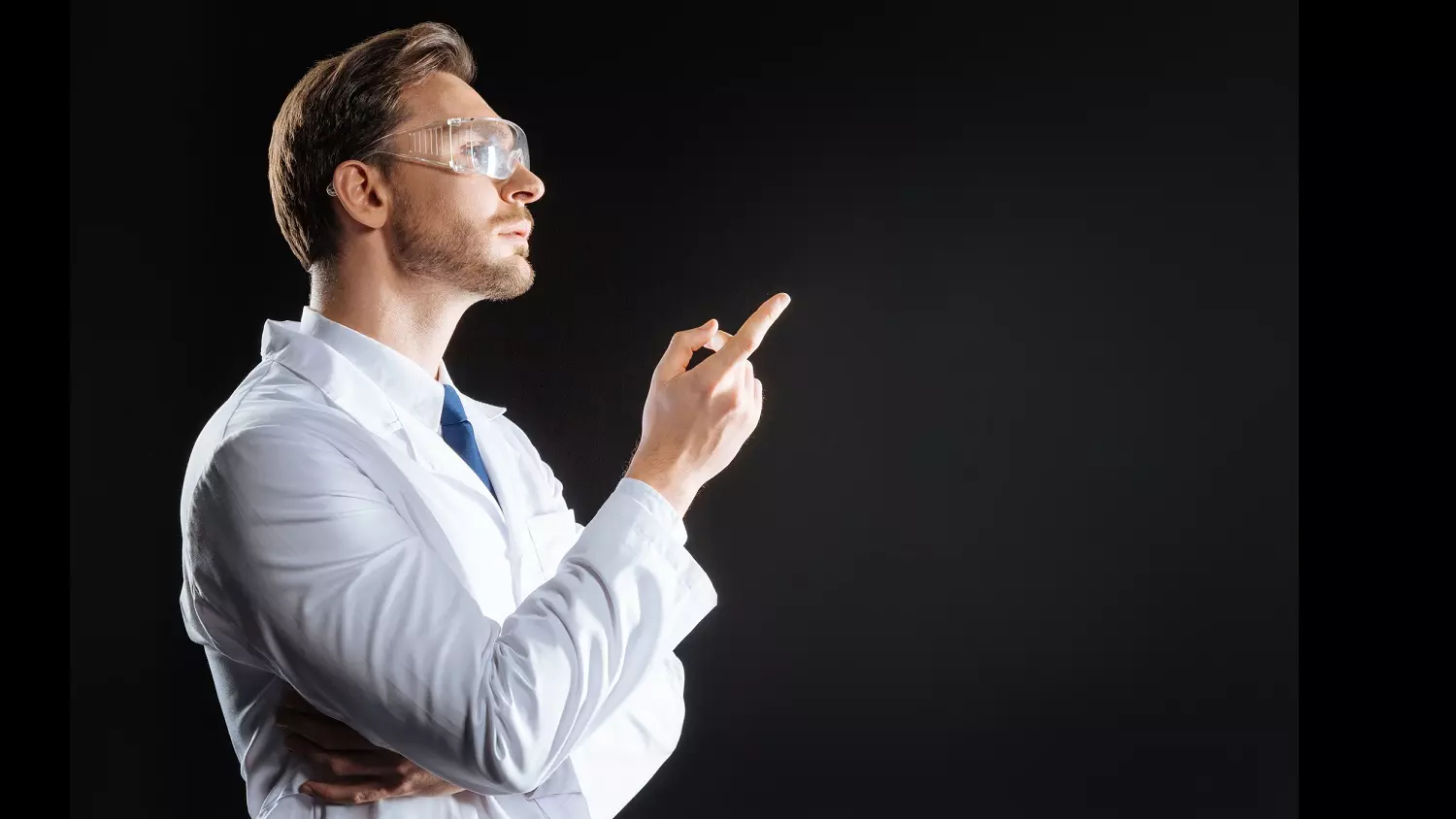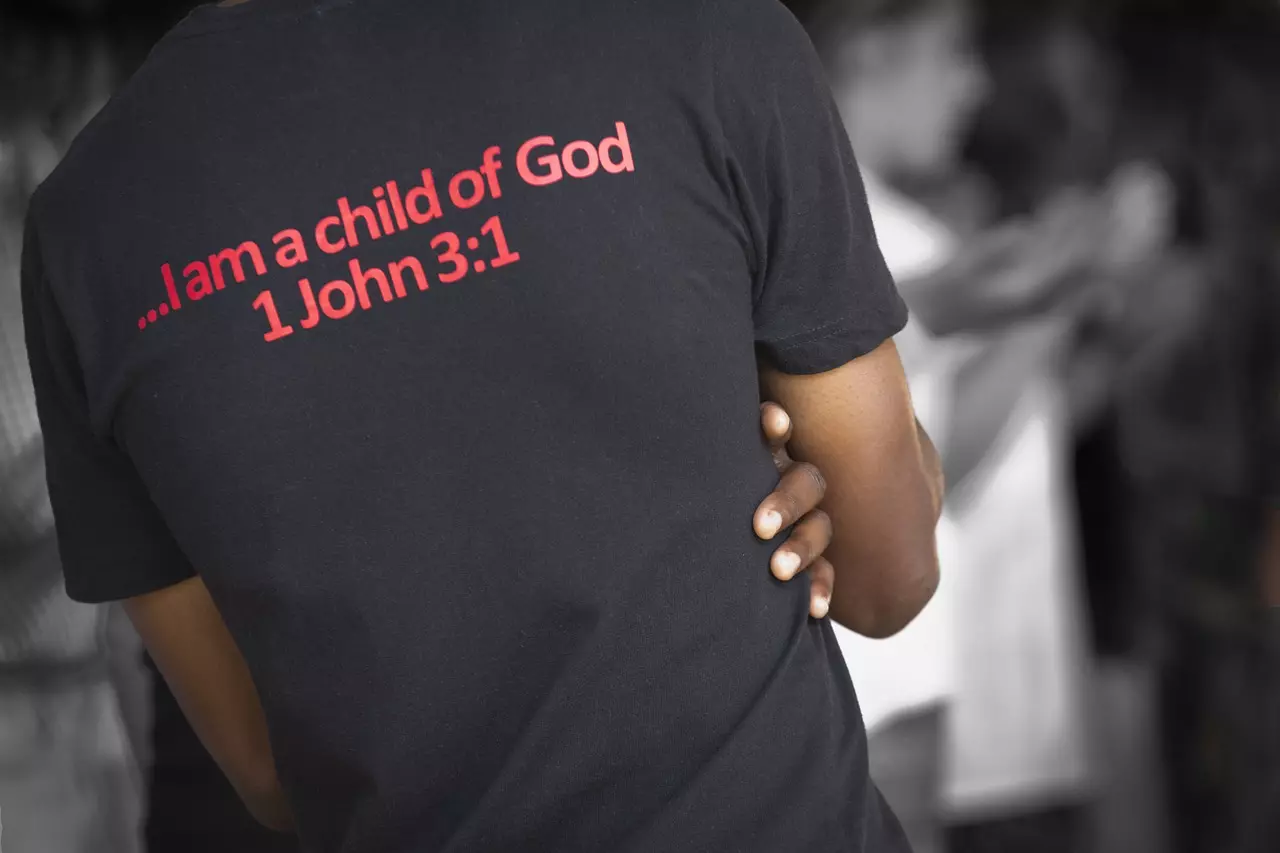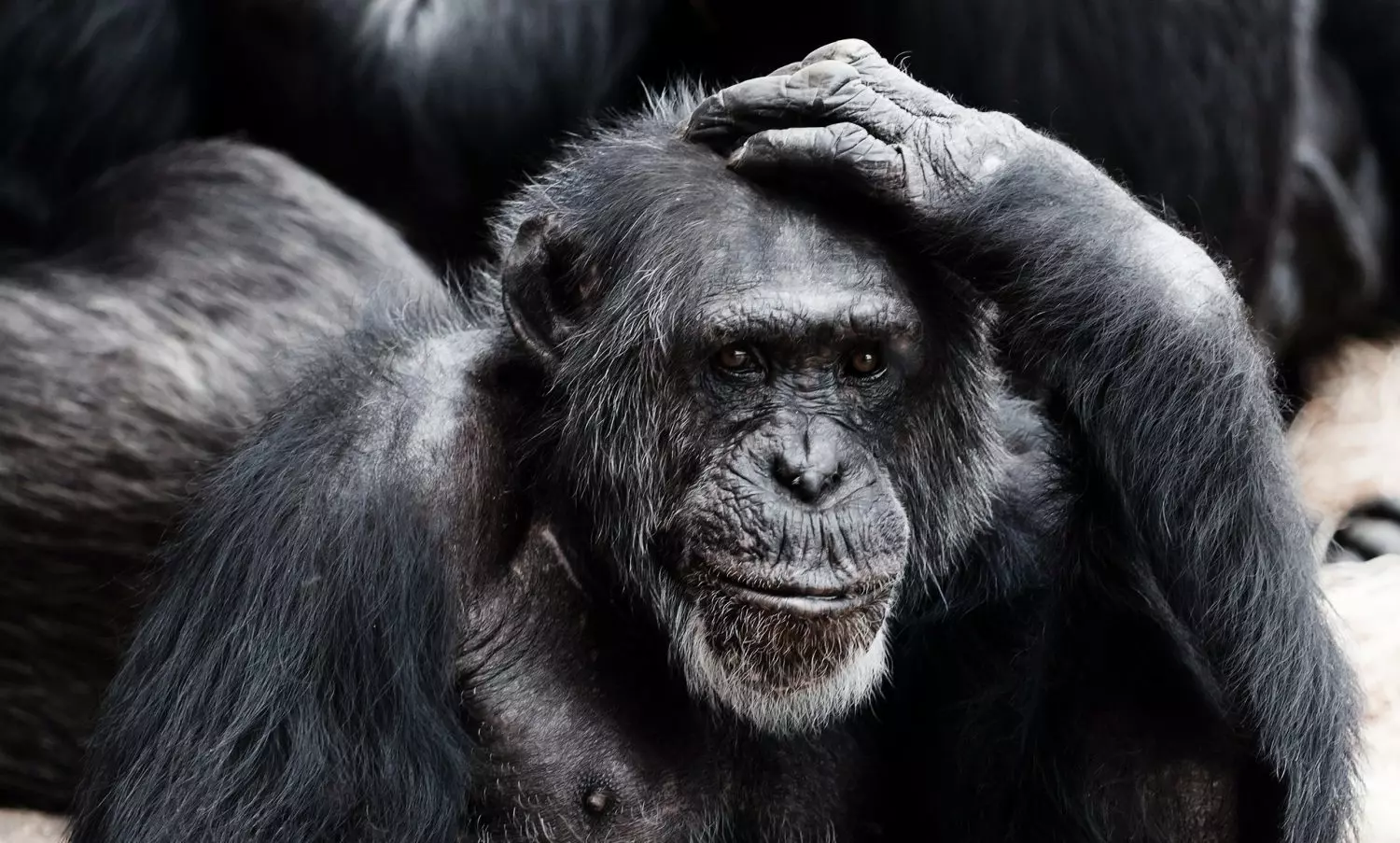[Originally published as Forbes Tells You Not To Think For Yourself]
I have written about a couple of instances where Forbes has censored articles because they disagree with the “scientific consensus” (see here and here). As a result, it didn’t surprise me to find that they are now actively trying to discourage people from thinking for themselves. This discouragement comes in the form of a blog article written by Dr. Ethan Siegel, who holds an earned Ph.D. in astrophysics. It is entitled, “You Must Not ‘Do Your Own Research’ When It Comes To Science”.
Dr. Siegel believes that in order to assess any scientific statement, a person must have some expertise in the relevant field. Otherwise, the person’s “research” will only end up confirming what he or she already wants to believe. He writes:
It’s absolutely foolish to think that you, a non-expert who lacks the very scientific expertise necessary to evaluate the claims of experts, are going to do a better job than the actual, bona fide experts of separating truth from fiction or fraud. When we “do the research for ourselves,” we almost always wind up digging in deeper to our own knee-jerk positions, rather than deferring to the professional opinions of the consensus of experts.
He backs up this anti-science view by giving examples of how people deny the scientific consensus on issues like fluoridated drinking water, vaccination, and global warming (aka climate change). He then relates it all to the current pandemic. He says that rather than listening to the experts and obediently following whatever they tell you to do, some people are actually looking into the matter for themselves, and the results are devastating.
Of course, the entire premise of his article is that the “scientific consensus” is more likely to be correct than an individual doing his or her own research. As a scientist, I can tell you quite definitively that this just isn’t true. In fact, the majority of experts are just as likely to dig in deeper to their own knee-jerk opinions. Why? Because the idea of “scientific consensus” is a science-stopper. As soon as a “scientific consensus” is declared, lots of experts move on to research other things. After all, if “science” has already figured it out, why bother wasting time to make sure it is correct?
Even if some experts continue to research the issue in some way, the majority of scientists often ignore the data these experts uncover if it challenges the “scientific consensus.” Consider, for example, Bateman’s Principle, which I wrote about eight years ago. It was proposed in 1948, and it was quickly accepted by the majority of biologists. In fact, many elevated it to the status of a scientific law. There is only one problem:
The principle is wrong, and Bateman’s original experiment that led him to develop it was fundamentally flawed.
Now, of course, that’s not a problem. Science is continually changing and correcting itself based on new information. Here’s the problem: When something is considered a part of the “scientific consensus,” it takes a lot longer to be corrected, because the majority of experts dig in deeper rather than admit that what they were taught and what they believe is wrong.
In the case of Bateman’s Principle, for example, falsifying data appeared in 1990. However, because it was considered part of the “scientific consensus,” the majority of experts continued to believe the principle and teach it as fact to unsuspecting university students. It took another generation for scientists to actually re-evaluate the experiments Bateman did. When that finally happened, the “scientific consensus” started to change. While it is still taught as fact to many unsuspecting university students, those who are familiar with the relevant scientific literature know that it is incorrect.
Why did it take 22 years for someone to re-evaluate Bateman’s Principle? Specifically because it was part of the “scientific consensus.” After all, when you slavishly follow the consensus (as Dr. Siegel says you must), you aren’t going to question it.
Furthermore, Dr. Siegel seems to think that when ignorant people like you and me do our own research, all we do is confirm our initial views. In my experience, that couldn’t be further from the truth! I was an atheist who became a Christian specifically because I did my own research on the issue. I have collected the stories of many others who did the same. I regularly speak with students and parents who did their own research and changed their minds on an issue. In my opinion, I think that’s because most people want to believe things that are true, and most of them are good enough thinkers to be properly persuaded by the evidence.
Let’s bring this back to the current COVID-19 pandemic. In his anti-science article, Dr. Siegel decries the fact that people aren’t listening to the “scientific consensus.” Some question the use of masks. Others brazenly visit friends and family even though the “scientific consensus” tells you to hunker down in your household and avoid as much contact as possible with the outside world.
What Dr. Siegel doesn’t even consider, of course, is that those actions have consequences, which the “scientific consensus” is currently ignoring. Yes, mask mandates have been shown to reduce infection rates by a small amount. At the same time, however, long-term use of masks also produces slight risks. Rather than attempting to evaluate the risks versus the benefits, the majority of experts have simply dug in deeper to their view that masks are necessary.
In the same way, while it is obvious that limiting your contact with the outside world will decrease your chance of being infected, the “scientific consensus” ignores the negative emotional and physical effects of isolation. I have a very good friend who is a medical doctor, and he says that in his experience, isolation has saved lives, but overall, it has caused more deaths. I have no idea whether or not he is right, but it’s certainly possible. Suicide rates are probably going to be much higher this year because of the pandemic. We also know that because they are afraid to be in contact with others, people are not getting routine medical care, which can lead to death.
Should you listen to the “scientific consensus” and wear a mask? I don’t know. I do when I am in public, but then again, I am rarely in a situation where I have to wear a mask for an extended amount of time. I only put myself in those situations when I think the benefit is worth the slight risk.
Will I isolate myself? Only when I think the negative effects of the isolation are small. I still visit with some friends. I still attend funerals. I have spoken at two graduation ceremonies since the pandemic started. I have attended two live theater performances, both of which elevated my soul. I consider the negative effects of missing such events to be greater than the negative effects associated with an increased risk of infection. However, I don’t go to live church, because I like to be in church with my mother, and she is at great risk. Thus, I have her over to my home and watch church online with her, my wife, and my daughter (when she is home). In the case of church, then, I think that the negative consequences of not going to a live worship service are small when I can worship with my family in my home.
Dr. Siegel, of course, doesn’t want me to do these things. He thinks I should slavishly follow the “scientific consensus” without any rational thought at all. Am I just fooling myself into thinking that I am doing the right thing? Perhaps. Of course, if I followed the “scientific consensus,” I could also be fooling myself. As a scientist, I think the latter is just as likely as the former, so I will continue to think for myself, despite what Dr. Siegel suggests. Not only do I think my life will be better for it, I also think that science is more likely to progress faster when others do the same.







